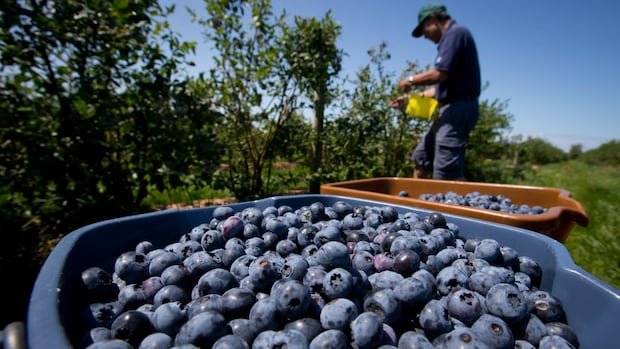In a move that could spark a significant argument, a proposed alteration is reigniting a long-standing debate in Canada. This alteration involves the clash between farmer’s privilege, which allows Canadian farmers to save and reuse seeds annually, and plant breeders’ rights, which grant developers the authority to safeguard and profit from novel seeds and plants. After a decade of dormancy, the proposed adjustments to government regulations on plant breeders’ rights are prompting discussions on food sourcing and control in Canada.
The Canadian Federation of Agriculture’s President, Keith Currie, emphasizes the importance of food security in supporting the changes, which aim to restrict farmer’s privilege. These modifications, outlined in the Plant Breeders’ Rights Regulations, akin to a patent for plants, grant breeders exclusive distribution rights for a specified period to spur investment in innovative varieties with enhanced traits like higher yields and pest resistance.
The proposed revisions target fruits, vegetables, ornamental plants, and hybrids, limiting farmers from saving and reusing seeds and cuttings for these protected varieties over the 20-year protection period. However, common crops like wheat, cereals, and pulses, where seed saving is prevalent, remain unaffected. Moreover, the amendments extend protection for new strains of mushrooms, asparagus, raspberries, and blueberries to 25 years from the current 20 years.
A public consultation is ongoing until October 18 to gather feedback on the suggested changes. The NDP agriculture critic, Gord Johns, has raised concerns about the timing of the consultation, citing farmers’ focus on crop cultivation and harvest during the summer. He urges parliamentary hearings to scrutinize the proposed alterations and ensure fair compensation for seed innovators without compromising farmers’ livelihoods.
The debate over plant breeders’ rights resurfaced following the implementation of measures aligning Canada’s regulations with international standards in 2015. Lobbying efforts from various groups and companies, including the Canadian Federation of Agriculture and multinational corporations, underscore the contentious nature of these proposed changes. While advocates like Seeds Canada emphasize the need for strong intellectual property protection to foster innovation, critics fear the erosion of farmers’ rights and food supply control by large seed-producing entities.
The National Farmers Union’s Director of Research and Policy, Cathy Holtslander, views the alterations as a potential threat to farmers’ autonomy and highlights the broader implications for food security. Despite the controversy, balancing farmer’s privilege and access to new seed varieties remains crucial for the industry’s sustainability, as emphasized by farmer and seed saver Keith Currie.

